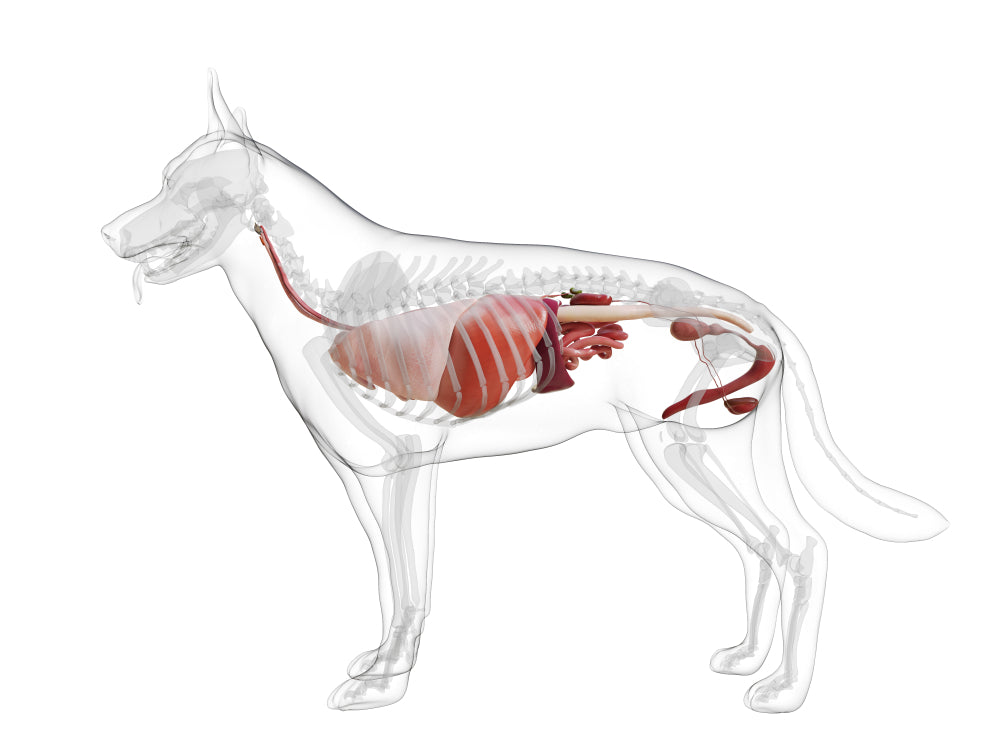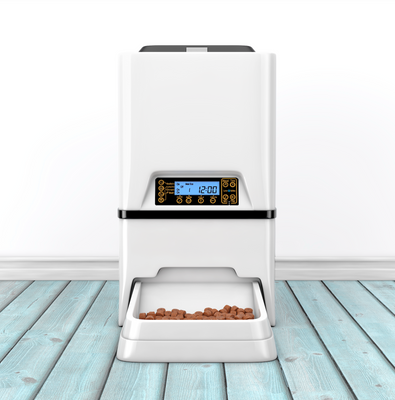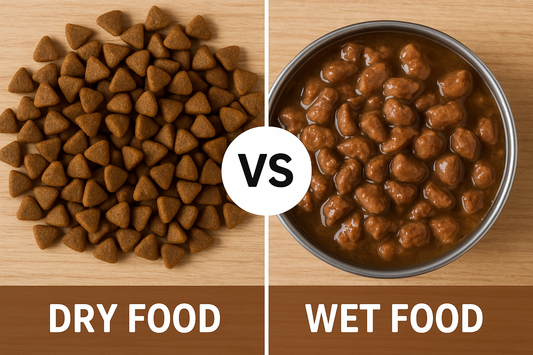The liver is a very important organ for the health of our furry friends. Liver function plays a role in the digestive process and detoxification. That’s why, if the liver isn’t working properly, a dog can get sick.
Liver problems in dogs, although quite common, are very difficult to detect. Knowing the symptoms of canine hepatopathies is essential for early diagnosis and to establish the most appropriate treatment.
What are the symptoms of liver problems in dogs?
The liver has a great capacity for regeneration. This means that liver problems in dogs usually don’t develop until the liver has lost between 70% and 80% of its functional capacity. From that point on, the organ begins to fail and the first symptoms appear, which are usually the following:
- Loss of appetite.
- Weight loss.
- Periodic and intermittent vomiting.
- Diarrhea.
- Increased water intake.
- Increased urination.
- Jaundice. This is the yellowish discoloration of the mucous membranes, caused by the accumulation of bile in the body. Jaundice also turns urine a dark brown color.
- Hepatic encephalopathy. This is inflammation of the brain caused by the buildup of toxins (such as ammonia) in the blood when the liver can’t eliminate them. Hepatic encephalopathy leads to lack of coordination, disorientation, weakness, behavioral changes, and in severe cases, seizures.
- Ascites and edema. The accumulation of fluid in the abdomen and limbs, also known as ascites, occurs due to a decrease in serum proteins and increased tension in the veins that carry blood to the liver. This also causes the appearance of edema.
- Ulcers and hemorrhages. In advanced cases, dogs with liver problems may suffer ulcers and bleeding in the stomach, intestines, and urinary system. This manifests as blood in the stool, vomit, and urine. It can also lead to bruising in different parts of the body.
Treatment of liver problems in dogs
Treatment will depend on how early the condition is diagnosed and the cause of the liver dysfunction. To detect the origin of the hepatopathy, the veterinarian needs to assess the damage to the liver by performing a series of laboratory tests, which may include blood tests, X-rays, ultrasounds, histopathology, and even a biopsy. Once the vet determines the diagnosis, they will prescribe the most suitable treatment to address the cause of the insufficiency. Medications may be prescribed to counteract clinical signs such as seizures or ulcers. In cases of obstruction or tumor, the most appropriate option is usually surgery.
What should the diet of dogs with liver disease be like?
In addition to veterinary treatment, liver problems in dogs usually require a specific diet to minimize the effort the liver has to make and to protect liver function. If your dog has liver issues, you should provide a natural diet designed for dogs with hepatopathies. A kibble formulated specifically to support liver function should have a lower percentage of fat and protein than usual, as well as low levels of sodium, calcium, and phosphorus.
For these cases, we recommend the veterinary range of food for dogs with liver problems from TrovetPlus. You will find a variety of foods and supplements scientifically formulated to improve the health of pets with liver disease.
On the other hand, it is advisable that the diet includes a high content of potassium and a significant supply of chondroprotectors, probiotics, and prebiotics to protect and stimulate the digestive system.































